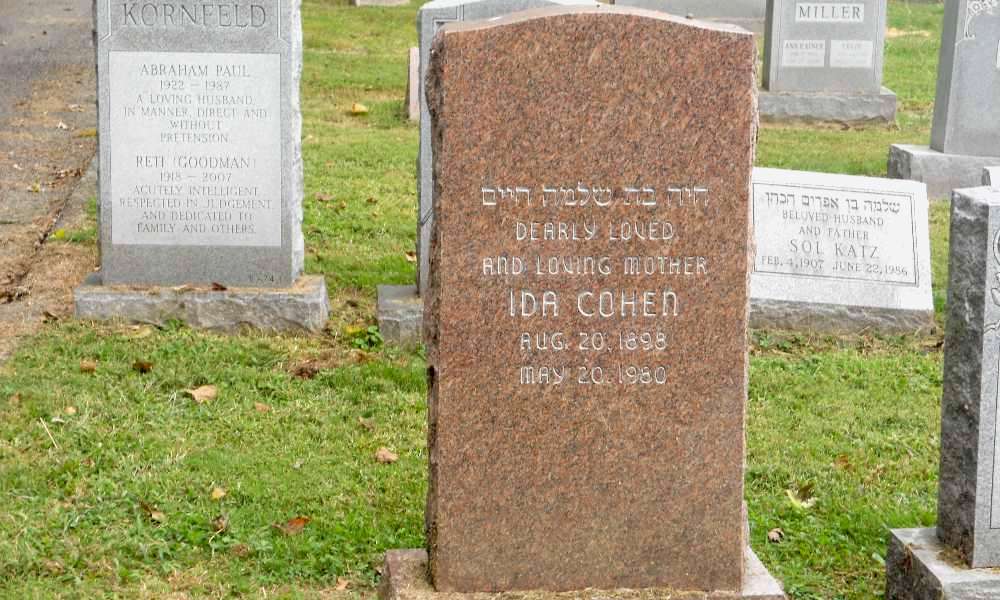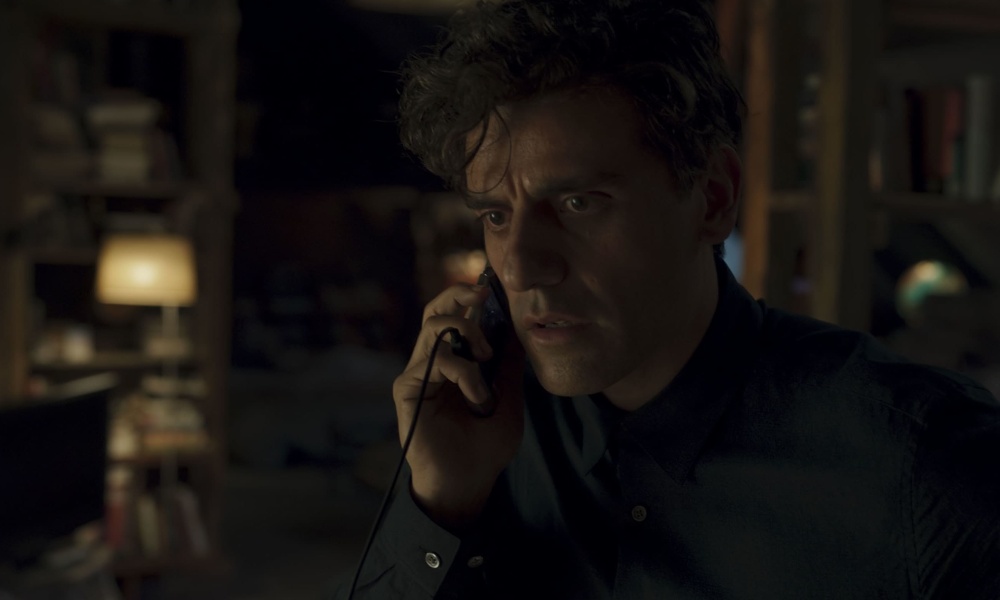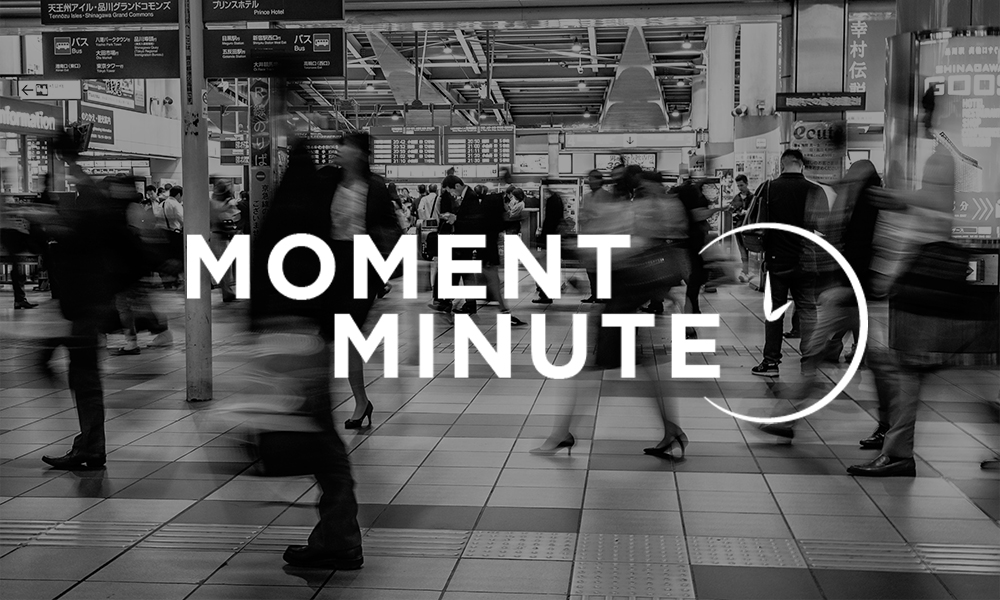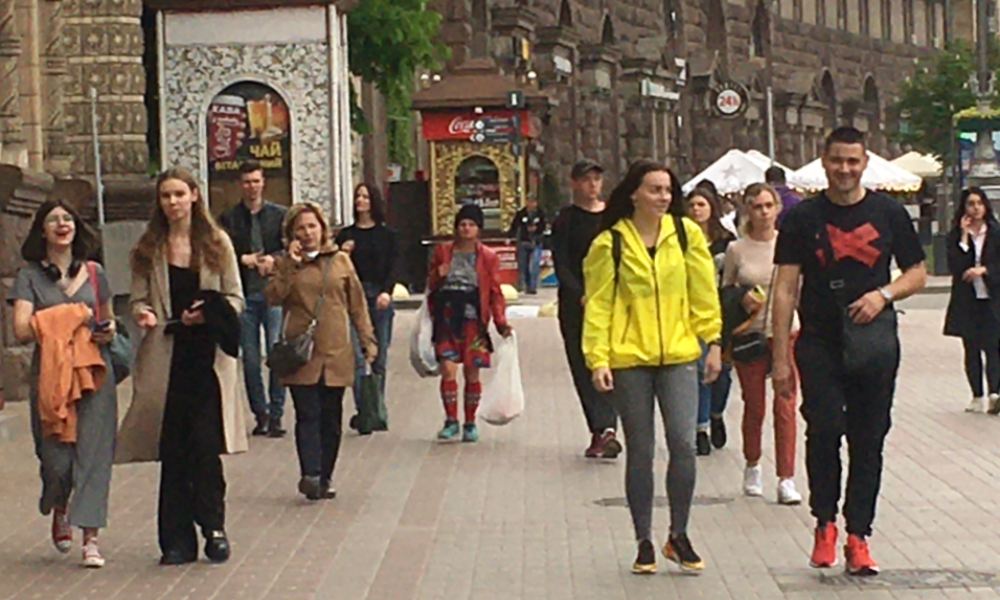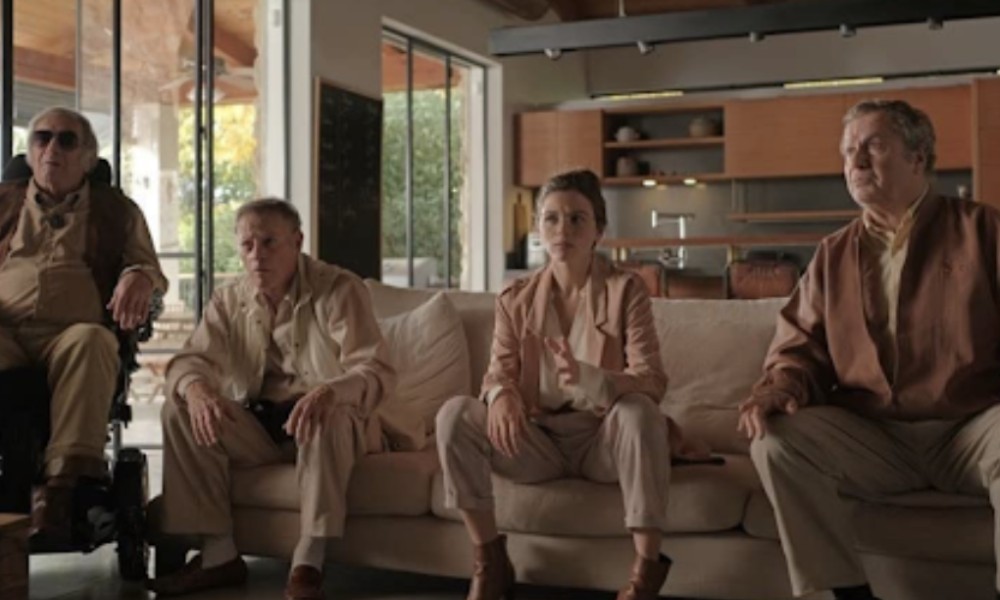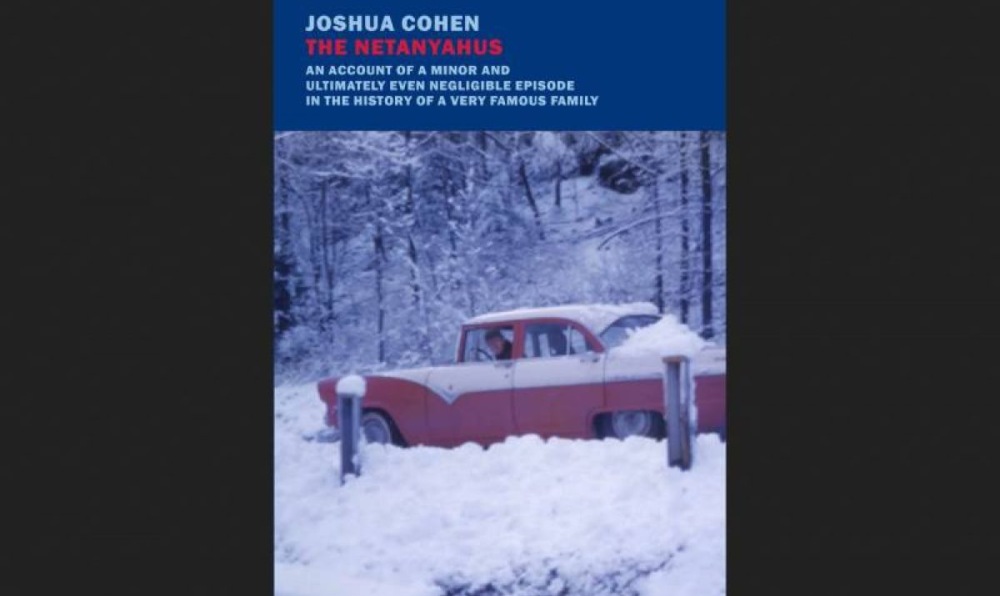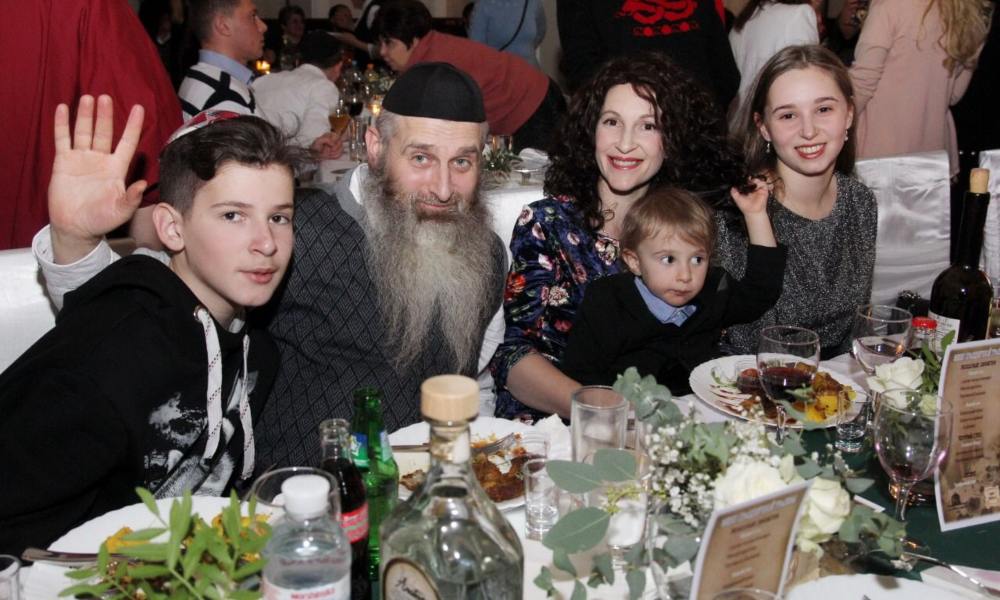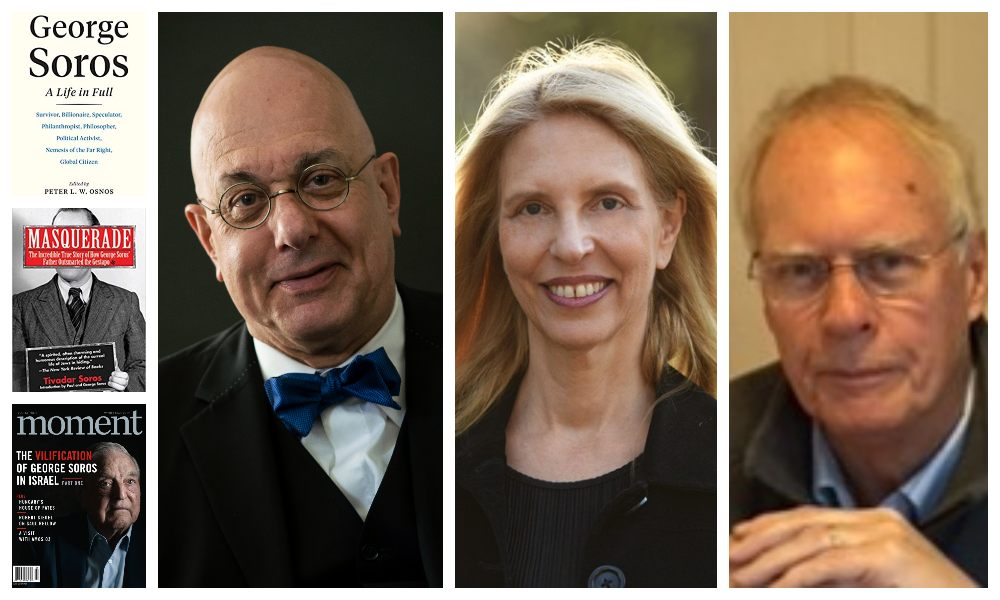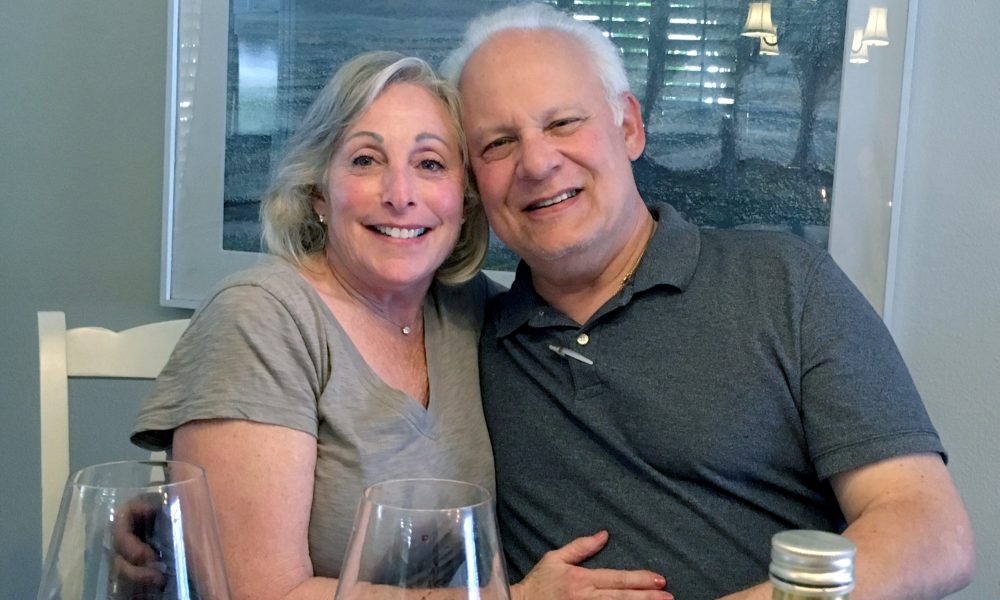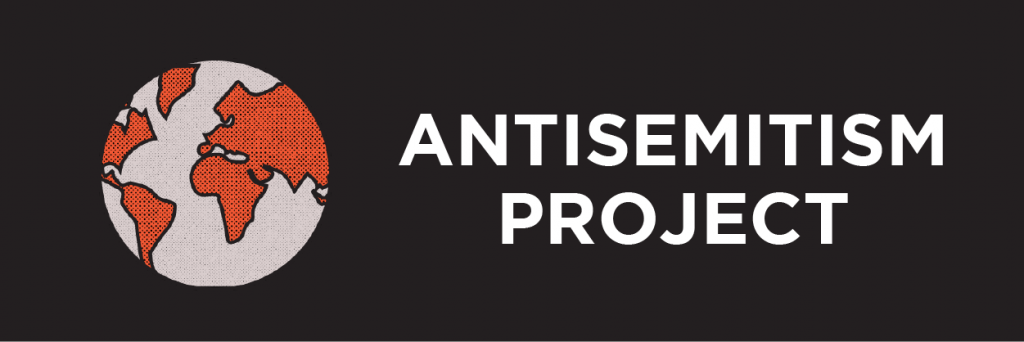Jewish Geography—Six Feet Under
Cemeteries are historical markers, links to the past. Jewish communities move on or move out, but the history of American Jewry is carved in granite.
Wrestling With Moon Knight’s Judaism
Over the last few years, the Marvel Cinematic Universe has made an effort to increase its representation of minorities. Moon Knight, released on Disney+ in March, became the first MCU project to feature a Jewish superhero.
From the Newsletter | George Soros is a Holocaust Survivor, Not a Nazi
This convoluted and self serving thinking is a modern twist on a deeply entrenched antisemitic trope: Jews are to blame for their own misfortunes, including the Holocaust.
Kyiv Diary 5/26/22: The City Wakes Up From a Nightmare
I think that people are programmed to want more, more joy. But people are thankful that they are alive, that bombs are not falling from the sky.
Pot-Peddling Pensioners
In Israeli film Greener Pastures, retiree Dov gets a new lease on life when he begins selling surplus medical marijuana from his fellow nursing home residents on the black market.
Book Review | The Netanyahus Takes Off
When 41-year-old American novelist Joshua Cohen won the Pulitzer Prize in Fiction last week for his semi-roman à clef, The Netanyahus, the first question occurring to close observers of Israeli culture and politics wasn’t “Is it good for the Jews?” but “How bad is it for Bibi and the family brand?”
Kyiv Diary 5/25/22: Supporting a Family During Wartime
The synagogue provides both Jews and non-Jews in need with clothes, food, medications and even pet supplies. Rachel is in charge of the humanitarian help that the synagogue organizes.
George Soros Is a Holocaust Survivor, not a Nazi with Nadine Epstein, Leon Botstein and Humphrey Tonkin
How did George Soros become targeted by the right— blamed for the world’s ills and even accused of being a Nazi? Moment editor-in-chief Nadine Epstein in conversation with Bard College president Leon Botstein, a contributor to the new book George Soros: A Life in Full and former University of Hartford president Humphrey Tonkin, translator of Soros’ father’s memoir, Masquerade: The Incredible True Story of How George Soros’ Father Outsmarted the Gestapo, discuss the false claims and antisemitism surrounding Soros as well as efforts to support democracy throughout the world.
This program is part of a Moment series on antisemitism supported by the Joyce and Irving Goldman Family Foundation.
Bernie Sanders’ War on AIPAC
AIPAC's first foray into political fundraising will have a complex impact on American Jews.
Beshert | Un-chickening Out
At age 43, newly divorced, I was not ready for what happened when a fellow temple member made me an innocent offer.
Antisemitism Project | George Soros Is a Holocaust Survivor—Not a Nazi
George Soros, staying safe during a time of increased antisemitism and Ask the Rabbis on antisemitism.
The Future of Berlin’s Jewish Museum
With a new core exhibition and a new director, the Jewish Museum Berlin hopes to overcome past controversies and make the museum a space for people of all backgrounds to engage with the history of Jewish life in Germany.

